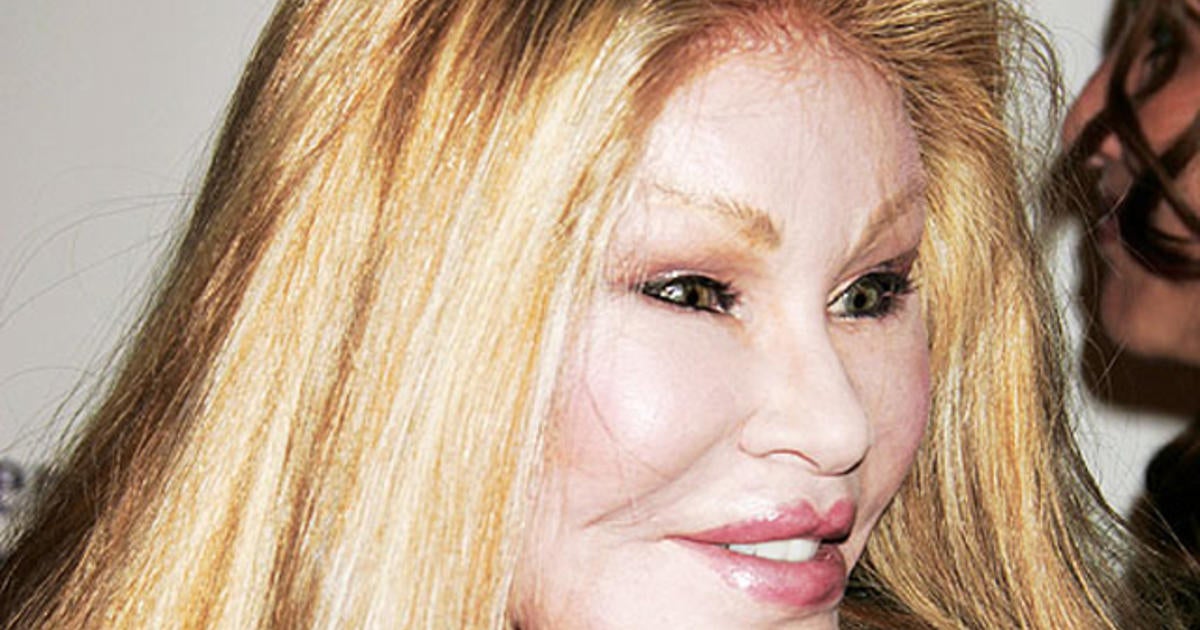Investigating the Psychological and Social Variables That Drive People to Think About Cosmetic Surgical Treatment as a way of Improvement
The choice to pursue cosmetic surgical treatment often prolongs past simple looks, linking with social and psychological characteristics that merit comprehensive assessment. Aspects such as self-esteem, prevalent societal charm criteria, and the pervasive impact of social media merge to form private inspirations for medical improvement.
The Role of Self-Esteem
Self-esteem significantly influences an individual's choice to seek cosmetic surgery. Individuals with low self-esteem usually view themselves in a negative light, leading to feelings of inadequacy regarding their physical look.

Eventually, the function of self-confidence in the decision-making process pertaining to plastic surgery highlights the complicated interplay between body photo, personal fulfillment, and psychological health and wellness. Understanding this partnership is essential for health care specialists to ensure that patients are making informed decisions rooted in practical assumptions and psychological wellness.
Societal Appeal Criteria
Influenced by pervasive media representations and social narratives, social elegance criteria play an important duty in shaping individuals' assumptions of their own bodies. These requirements are commonly defined by an idyllic form of appeal that stresses attributes such as slimness, youthful vigor, and symmetry. As these perfects are bolstered through various networks, including film, tv, and advertising, people frequently internalize these messages, resulting in frustration with their all-natural appearance.
The effects of these societal norms prolong beyond visual choices; they can impact self-confidence, psychological health, and social connections. People that perceive themselves as falling short of these requirements might experience feelings of inadequacy, prompting a wish for cosmetic surgery as a way of attaining societal authorization. This quest is commonly sustained by the idea that satisfying these perfects will enhance not just physical look yet additionally social standing and individual satisfaction.

Influence of Social Network
The influence of social appeal criteria is more amplified by the rise of social media sites platforms, where curated photos and idealized depictions of charm are common. Individuals are constantly exposed to filteringed system and modified photographs, which typically depict unattainable physical qualities. This direct exposure grows a culture of comparison, leading individuals to analyze their very own appearance versus these often unrealistic standards.
Social network influencers and celebs frequently advertise cosmetic procedures, normalizing the notion that surgical enhancements are a viable ways for accomplishing social ideals (plastic surgery rancho cucamonga). The exposure of these improvements can create a perception that going through cosmetic surgical treatment is a standard method, thereby influencing people to take into consideration similar interventions as a pathway to enhanced self-esteem and social acceptance
In addition, the interactive nature of social networks permits for immediate feedback via likes and comments, even more reinforcing the need to conform to preferred charm standards. Such communications can worsen feelings of inadequacy and drive people toward plastic surgery as a means of acquiring validation. Ultimately, social networks plays a critical role in great site shaping assumptions of charm, which dramatically influences the decision-making processes bordering cosmetic surgical treatment.

Social Point Of Views on Look
Across various societies, perceptions of appearance are deeply rooted in historic, social, and economic contexts, shaping individuals' views on beauty and worth. In many societies, appearance offers as a substantial pen of identity, affecting social status, specialist possibilities, and personal partnerships. As an example, in some cultures, light skin is often connected with riches and advantage, while others may glorify darker complexion as signs of strength and authenticity.
Furthermore, typical charm standards are commonly perpetuated via cultural stories, media depictions, and family affects, leading to varying perfects across different areas (plastic surgery rancho cucamonga). In Western societies, the focus on youth and physical fitness often drives individuals toward cosmetic improvement, while in specific Eastern cultures, more subtle adjustments lined up with traditional aesthetics may be liked
Globalization and the expansion of digital media have better complicated these dynamics, developing a hybridization of beauty suitables that transcends geographical limits. As people significantly navigate these cultural stories, the stress to satisfy specific appearance standards can lead to the need for plastic surgery, showing an intricate interaction of cultural worths and personal ambitions. Recognizing these cultural point of views is essential in addressing the inspirations behind plastic surgery considerations.
Mental Impacts of Cosmetic Surgical Procedure
Several people looking for plastic surgery record experiencing extensive mental effects that can considerably alter their self-perception and psychological well-being - plastic surgery rancho cucamonga. The need for physical enhancement typically comes from underlying concerns such as reduced self-confidence, body dysmorphic disorder, or social pressures pertaining to beauty standards. For some, the prompt post-operative stage can cause a temporary boost in positive self-image and contentment with their look, promoting a sense of empowerment
Nonetheless, these positive feelings may not be sustaining. Research shows that while some people experience enhanced self-esteem, others might face intense anxiety or depression if their assumptions are not met. This inconsistency can develop from unrealistic suitables perpetuated by media representation and social stories bordering elegance.
Furthermore, the emotional implications of cosmetic surgical procedure prolong past the individual. Relationships with friends and family may be stressed as social dynamics change, causing feelings of seclusion or alienation. Ultimately, the emotional influences of cosmetic surgery are multifaceted and intricate, needing careful factor to consider by both possible people and important source health care suppliers to make certain educated decision-making and sensible expectations.
Conclusion
To conclude, the decision to go after plastic surgery is considerably affected by a mix of self-worth problems, societal appeal requirements, and cultural point of views on appearance. The prevalent reach of social networks even more worsens these stress, advertising impractical ideals that individuals typically make every effort to obtain. Comprehending these psychological and social factors is essential for attending to the motivations behind plastic surgery, highlighting the demand for a much moved here more nuanced discussion surrounding elegance and self-acceptance in contemporary culture.
The choice to pursue cosmetic surgery often prolongs beyond plain appearances, intertwining with psychological and social dynamics that warrant comprehensive exam. Inevitably, social media plays a critical duty in forming perceptions of elegance, which considerably influences the decision-making procedures bordering cosmetic surgical procedure.
As people progressively navigate these cultural stories, the pressure to conform to details appearance requirements can lead to the wish for cosmetic surgical treatment, showing a complex interplay of social values and individual desires.In final thought, the choice to pursue cosmetic surgical treatment is significantly influenced by a mix of self-worth issues, social beauty requirements, and social perspectives on look. Understanding these social and mental aspects is necessary for addressing the motivations behind cosmetic surgical treatment, highlighting the need for a more nuanced discussion bordering beauty and self-acceptance in contemporary culture.